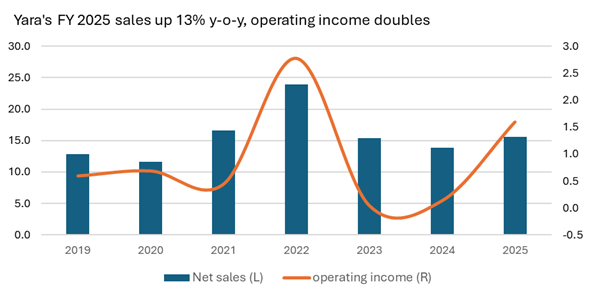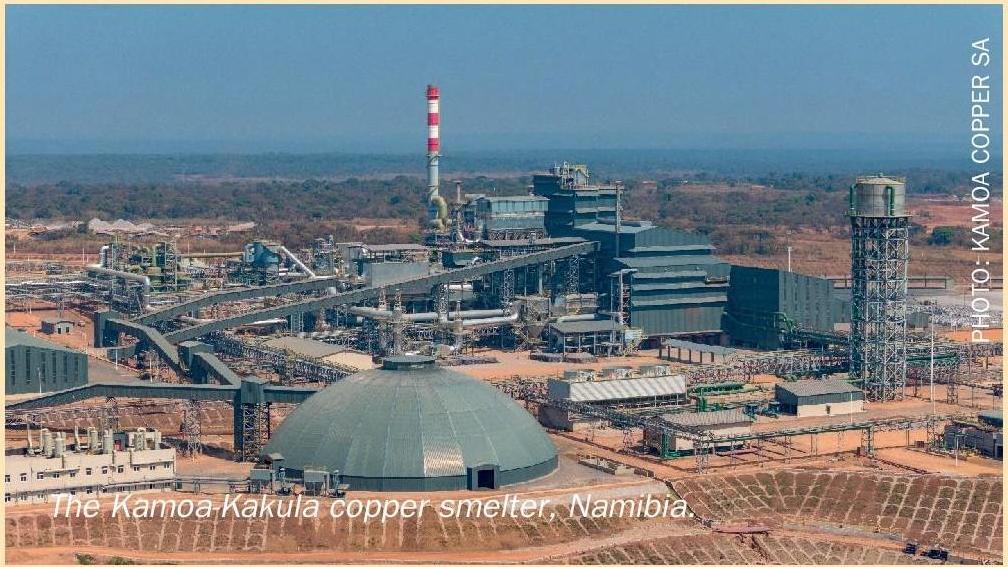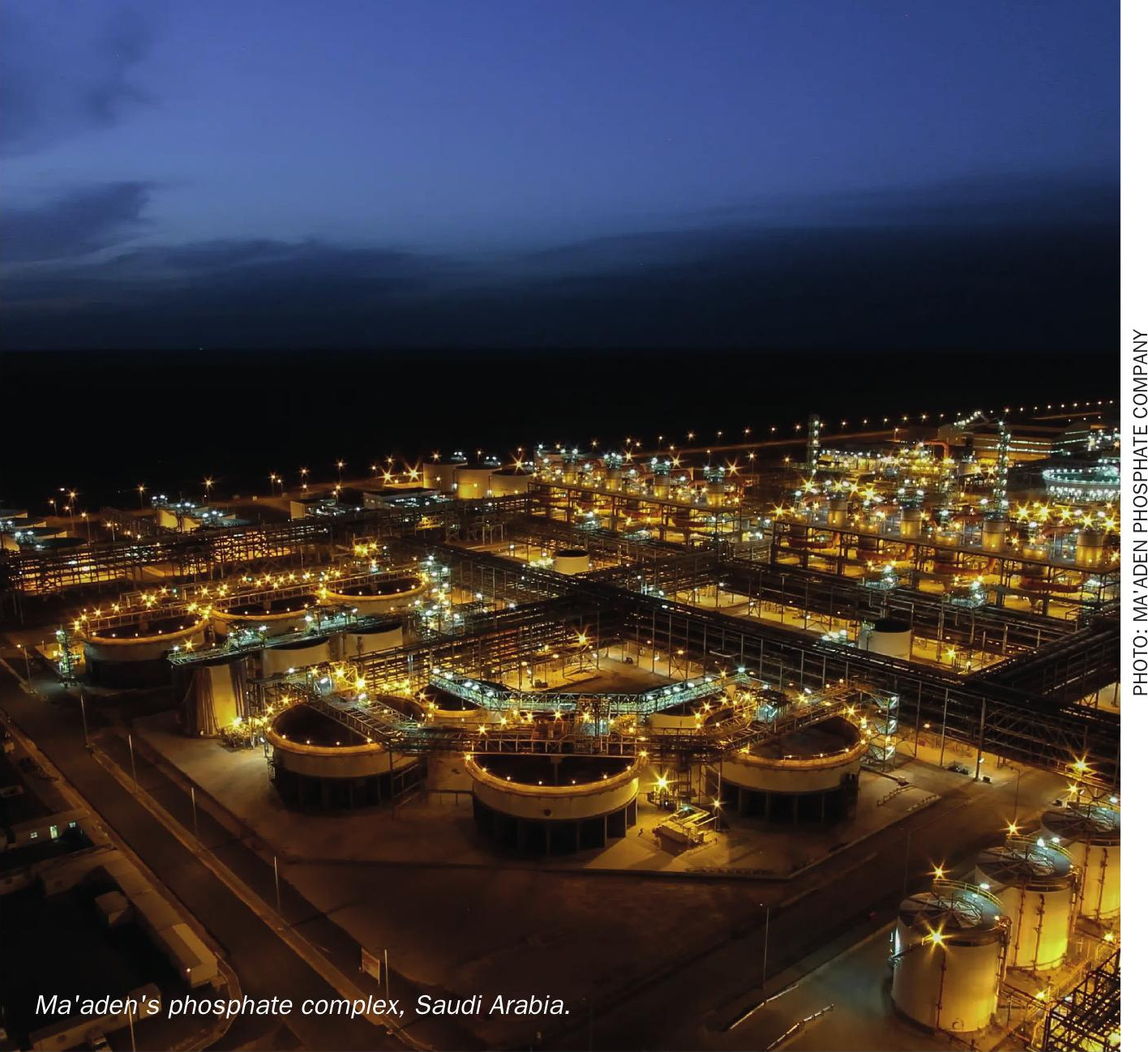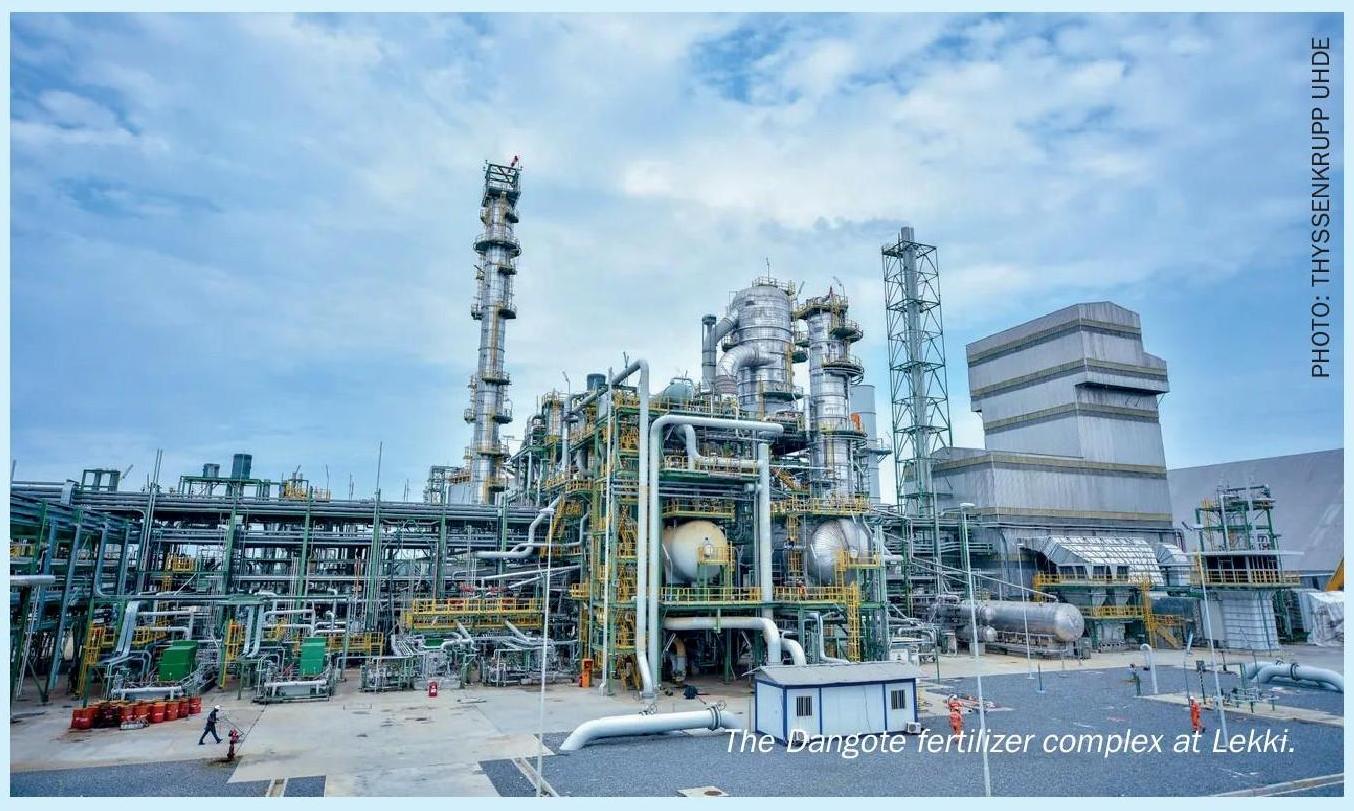Sulphur 418 May-Jun 2025

3 May 2025
Cabinet aims to boost phosphate production and processing
The Tunisian cabinet has met to review its future programme for phosphate production, transport, and processing for the 2025-2030 period, as well as the current situation of the Tunisian Chemical Group and its work plan for the same period, according to a government statement. The prime minister stressed the need to develop phosphate production as a national resource and a cornerstone of the national economy that must regain its role and position in supporting state revenues and wealth creation, including increasing production capacity, processing, and exports, while investing in modern technology to enhance productivity, exploring new export markets, and prioritising environmental considerations.
The Ministry of Industry, Mines, and Energy plans a phased increase in phosphate production over the next five years, aiming to reach 14 million t/a by the end of 2030, including improvements in transport and processing, water resource governance, and working conditions in all facilities operating in the Mining Basin and Gabes. GCT’s operating capacity is to increase to 80% by 2028. Improvements will include upgrading sulphuric acid units and enhancing their efficiency, alongside implementing a maintenance programme for heavy machinery and trucks; establishing an industrial unit in Skhira for the production of finely ground single superphosphate and granulated calcium phosphate, with an annual capacity of 250,000 t/a; creating an industrial unit in Skhira for purified phosphoric acid production, with an annual capacity of 60,000 t/a; setting up a cadmium removal unit in M’dhilla to purify phosphoric acid, with an annual capacity of 180,000 t/a; and providing financial support to GCT for the remaining components of the Mdhilla 2 project. There are also plans for pilot units in Gabès for green ammonia production and in Skhira and M’dhilla for phosphoric acid and granulated phosphate fertiliser production.





